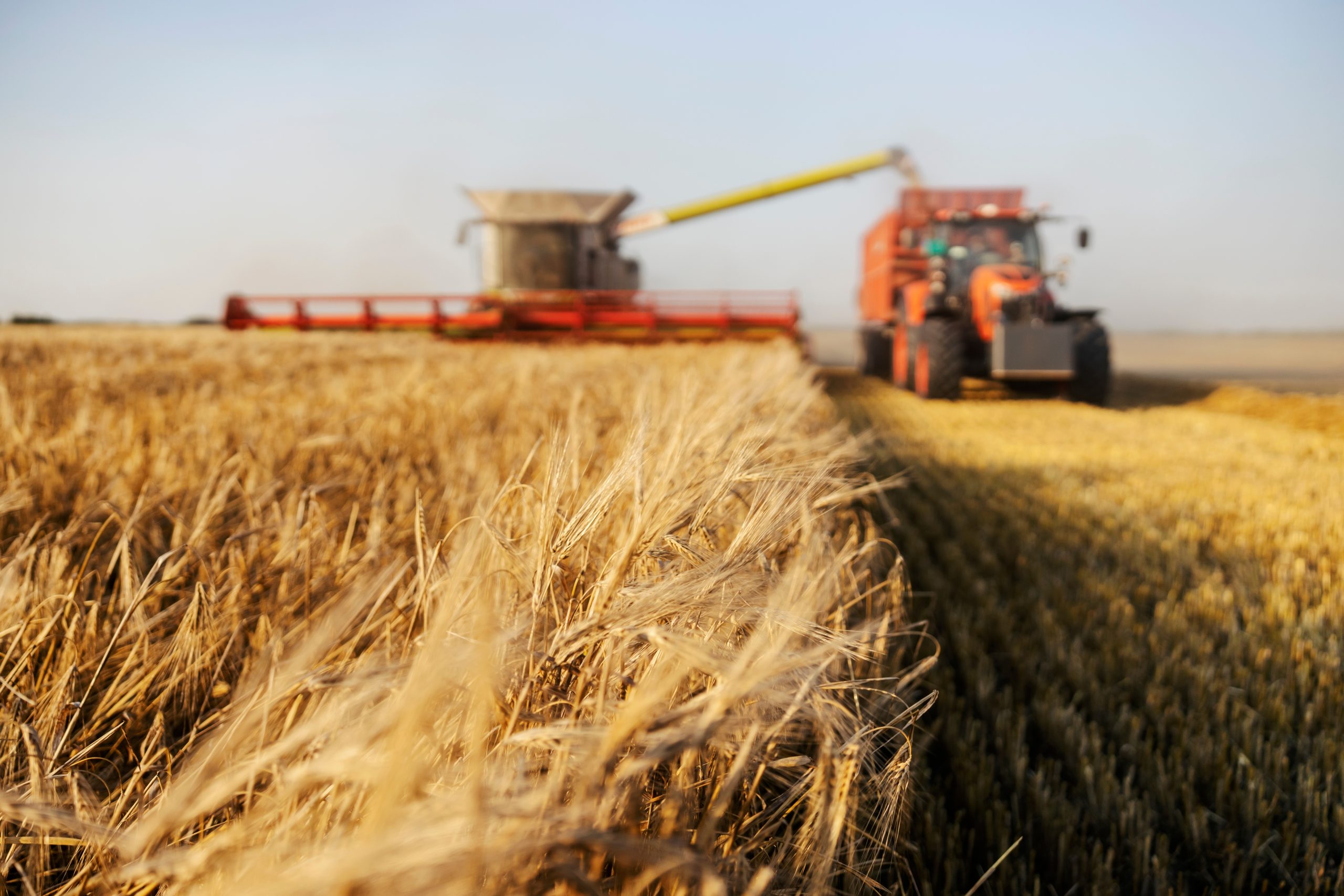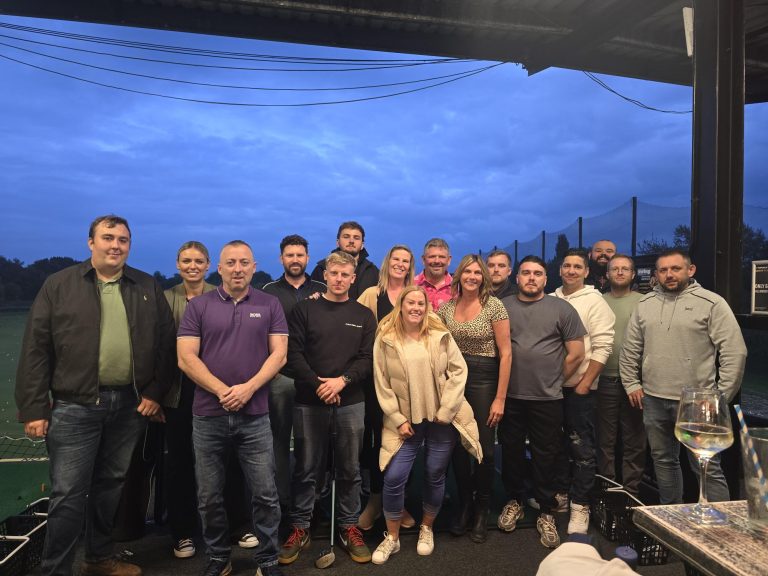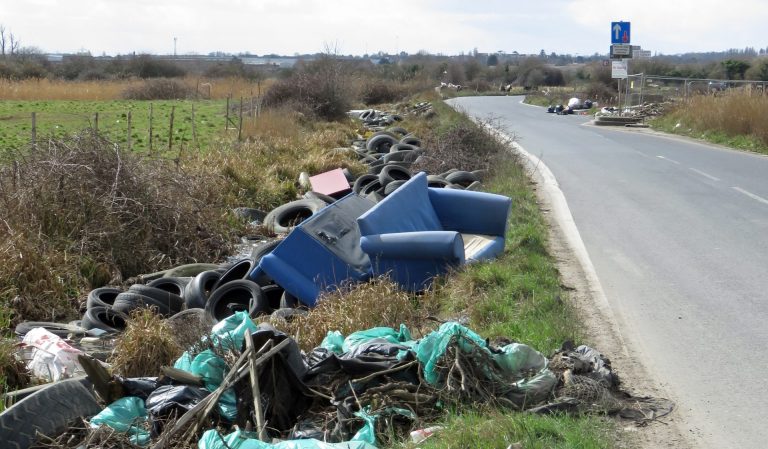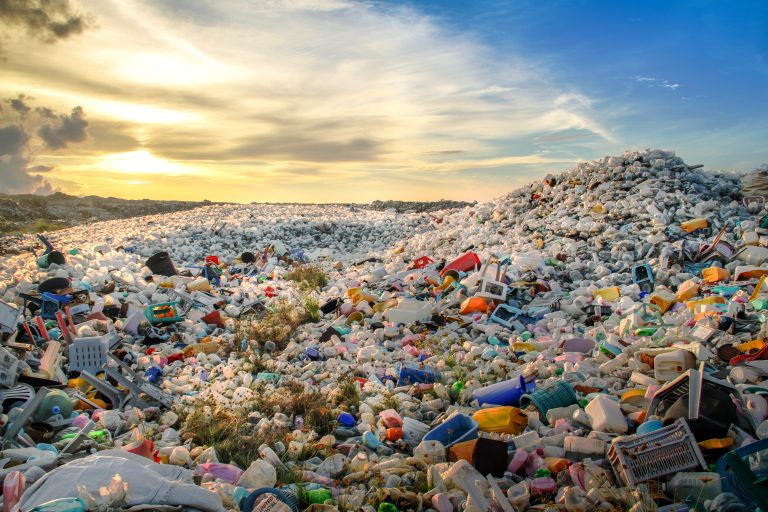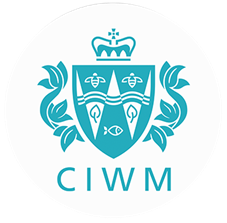Anaerobic digestion represents one of the most promising technologies in modern waste management, offering a dual advantage of waste reduction and renewable energy generation. At Evolve Waste Solutions, we’re committed to advancing sustainable practices that transform food waste challenges into valuable resources.
What is Anaerobic Digestion?
Anaerobic digestion is a natural biological process where microorganisms break down organic material in the absence of oxygen. This controlled decomposition process occurs in sealed vessels called digesters, creating two valuable outputs: biogas (primarily methane and carbon dioxide) and digestate (a nutrient-rich biofertiliser).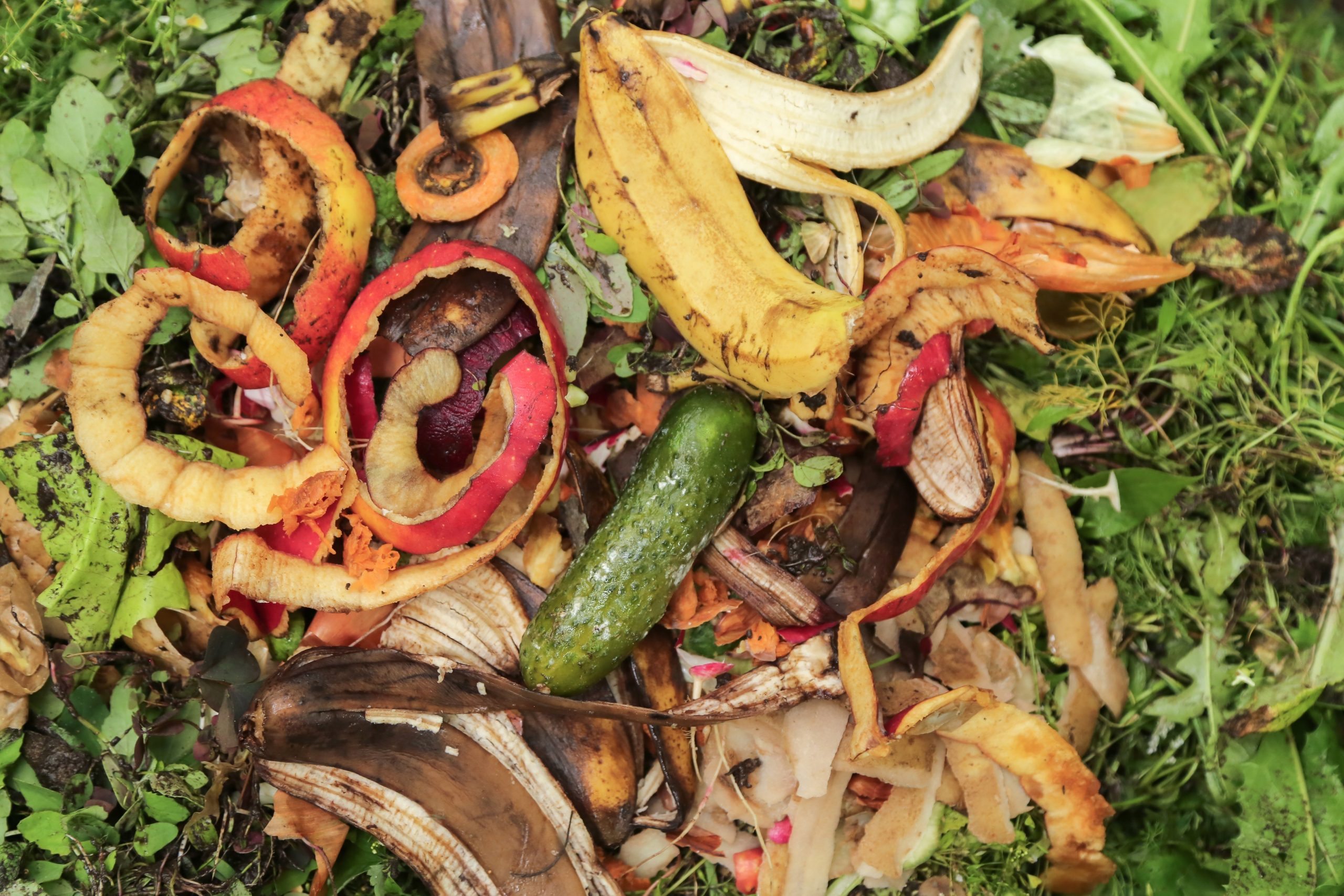
The Process Simplified
The anaerobic digestion process follows four key stages:
- Hydrolysis: Complex organic compounds are broken down into simpler molecules
- Acidogenesis: Simple molecules are converted into volatile fatty acids
- Acetogenesis: Acids are transformed into acetic acid, hydrogen and carbon dioxide
- Methanogenesis: These components are finally converted into biogas
Environmental Benefits
Implementing anaerobic digestion systems offers numerous environmental advantages:
- Reduced Greenhouse Gas Emissions: Captures methane that would otherwise enter the atmosphere
- Landfill Diversion: Decreases the volume of waste sent to landfills or incineration
- Renewable Energy Production: Generates biogas that can replace fossil fuels
- Circular Economy Support: Creates valuable biofertiliser from waste materials

Applications Across Industries
Anaerobic digestion technology has versatile applications across multiple sectors:
- Municipal Waste Management: Processing food waste and organic household waste
- Agriculture: Managing livestock manure and crop residues
- Food Processing: Treating high-strength organic industrial wastewater
- Wastewater Treatment: Enhancing existing treatment facilities
Economic Advantages
Beyond environmental benefits, anaerobic digestion offers compelling economic incentives:
- Energy Cost Reduction: Produces renewable energy that can power operations
- Waste Disposal Savings: Lowers waste management expenses
- Revenue Generation: Creates marketable products (energy and fertiliser)
- Regulatory Compliance: Helps meet environmental standards and regulations
Looking Forward
As global waste challenges intensify and the push for renewable energy grows stronger, anaerobic digestion will continue playing a pivotal role in sustainable resource management. By implementing these systems today, organisations can position themselves at the forefront of environmental stewardship while realising significant operational benefits.
Ready to explore how anaerobic digestion can transform your waste management approach? Contact Evolve Waste Solutions today to discover tailored solutions for your food waste needs!

